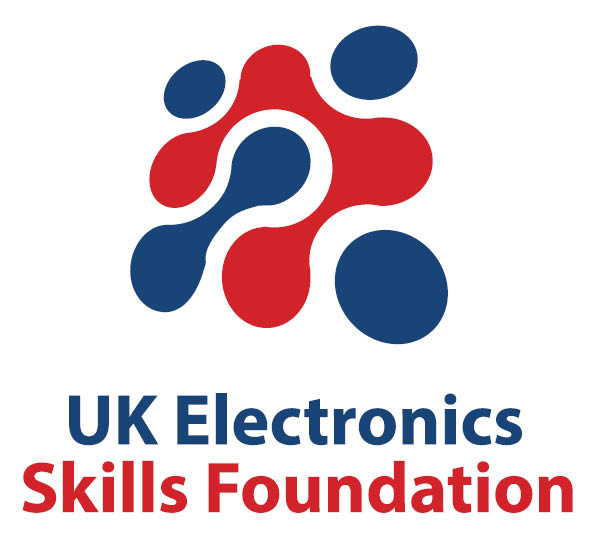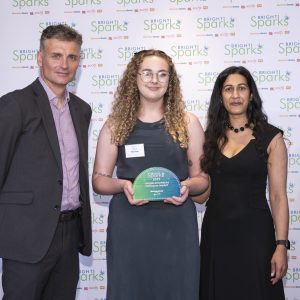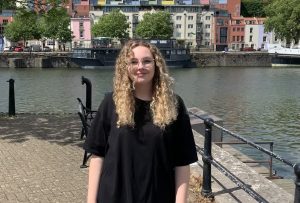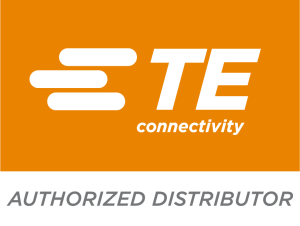Here, in our series on the latest EW BrightSparks of 2022, we highlight Daisy Bristow, a student at the University of the West of England, and a Digital Engineer and Content Creator.
Achievement
Daisy is in her second year of study at the University of the West of England, studying for her Bachelor’s degree in Robotics. Over the last year she has been creating content in multiple different forms as a part of projects linked to her place of study.
Her work spans from education materials and videos to interviews and Minecraft tutorials – all aiming to educate and inspire the next generation of STEM cohorts.
She has helped enthuse children, parents and teachers, and aims to not only develop people’s understanding of engineering principles but also inspire diversity, creativity, and progress towards a more sustainable future.
Specifically, she has been doing a lot of work on projects with DETI (Digital Engineering Technology and Innovation), which have presented a variety of opportunities, she told us (see below).
As well as exploring Arduino, she has worked with C and Python to explore machine vision and machine learning, as well as using a lot of MATLAB.
Community / STEM
As examples of her STEM work, Daily has made videos and media for children. The idea is to get the children to ask her, and other engineers, questions about engineering, for which the response back to can hopefully inspire and encourage them to think about a career in STEM.
She has also created educational resources. For example, for a given topic, she creates a worksheet or information to go alongside a session that is prepared by other members of the team. Her topics have been predominantly based around earthquakes and what engineering has been doing to help during such natural disasters.
Her proudest work related to this project, she told us, and was done with Building to Break Barriers, an outreach project that uses Minecraft in order to engage children with topics surrounding engineering. She has created videos and utensils – aimed at primary school ages and lower secondary school – teaching how to use tools in Minecraft to emulate what they are learning about real world engineering.
These sessions are taken to schools around the country (although due to the pandemic they have also been online) and children are challenged to use their imaginations and learning to build and explore.
One example video she supplied was made on Redstone, which she described as like the games equivalent to circuitry and electronics.
As well as her work as a STEM ambassador, she is also supporting a mentoring programme for women in engineering.
She is pictured above receiving her award from Isabella Mascarenhas (VP, Grass Roots & Shining Stars, RS Group), one of the EW BrightSparks judges, and Richard Watts (emap MD, publisher of Electronics Weekly). Congratulations to Daisy!
BrightSparks 2022 overview
EW BrightSparks Supporters
We are very grateful to the companies and organisations that help support the EW BrightSparks programme, and make it possible. Special thanks to: TE Connectivity and the UK Electronics Skills Foundation.
TE Connectivity
TE Connectivity is a global industrial technology leader creating a safer, sustainable, productive, and connected future. Our broad range of connectivity and sensor solutions, proven in the harshest environments, enable advancements in transportation, industrial applications, medical technology, energy, data communications, and the home. With more than 85,000 employees, including over 8,000 engineers, working alongside customers in approximately 140 countries, TE ensures that EVERY CONNECTION COUNTS. We are delighted to be involved in the Bright Sparks initiative which allows TE Connectivity to learn from and inspire the next generation of engineers. Learn more at www.te.com and on LinkedIn, Facebook, WeChat and Twitter.
UK Electronics Skills Foundation
 The UKESF’s mission is to encourage more young people to study Electronics and to pursue careers in the sector. In the UK, the Electronics sector is big, valuable and growing; however, the demand for capable, employable graduates is currently outstripping supply. We are an educational charity, launched in 2010, with both public and private seed-corn funding. We operate collaboratively with major companies, leading universities and other organisations to tackle the skills shortage in the Electronics sector.
The UKESF’s mission is to encourage more young people to study Electronics and to pursue careers in the sector. In the UK, the Electronics sector is big, valuable and growing; however, the demand for capable, employable graduates is currently outstripping supply. We are an educational charity, launched in 2010, with both public and private seed-corn funding. We operate collaboratively with major companies, leading universities and other organisations to tackle the skills shortage in the Electronics sector.



